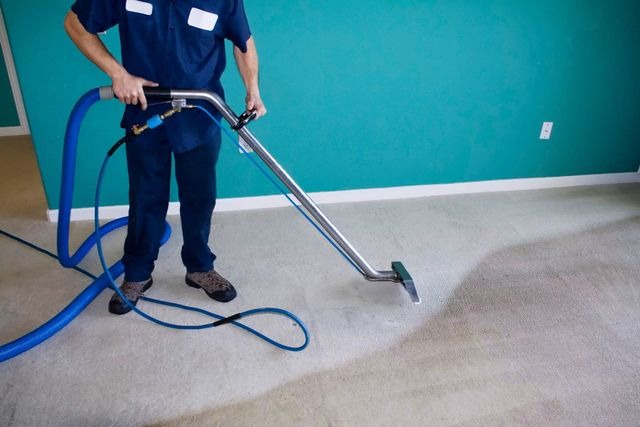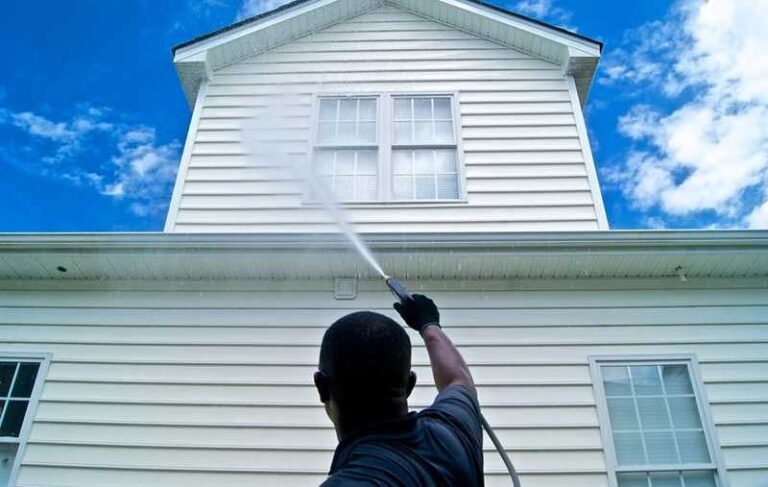Saving Money with Service Agreements from Tuck & Howell Plumbing, Heating & Air
Maintaining home comfort systems can often become expensive when repairs appear unexpectedly. Homeowners are sometimes caught off guard by sudden breakdowns, high energy bills, or the need for replacement parts that could have been avoided with regular care. A service agreement provides a smart way to manage those costs while ensuring your systems continue running efficiently throughout the year. We will explore how these agreements bring value by reducing repair expenses, improving performance, extending system life, and offering peace of mind for households. By understanding how service agreements work, homeowners can make informed choices that balance comfort and savings effectively.
How Service Agreements Lead to Tangible Savings
Service agreements are designed to provide consistent, scheduled maintenance on heating, cooling, and plumbing systems. Instead of waiting until something goes wrong, these agreements take a proactive approach, ensuring small issues are caught before they grow into costly problems. For example, regular inspections often reveal worn parts, loose connections, or minor leaks that can be corrected quickly and at minimal cost. Without this preventive care, the same issue might evolve into an emergency repair that disrupts daily life and requires far more financial investment.
By addressing needs early, homeowners not only save money but also reduce the likelihood of sudden breakdowns during critical times, such as the middle of summer or winter. Additionally, service agreements from Tuck & Howell Plumbing, Heating & Air typically come with reduced rates for repairs or priority scheduling, both of which can ease financial and logistical stress. Over time, these savings add up significantly, making a service agreement a practical long-term investment rather than a recurring expense.
Energy efficiency is another vital area where service agreements save money. When systems such as air conditioners or furnaces are cleaned, tuned, and calibrated on schedule, they require less energy to achieve the same level of performance. A unit struggling with dust buildup or minor wear will consume more electricity or gas, leading to higher utility bills month after month. Routine maintenance helps restore efficiency, lowering monthly expenses while reducing the environmental footprint of the home. Considering that utility bills make up a large portion of household spending, even modest improvements in efficiency can lead to substantial yearly savings. Service agreements ensure that efficiency remains consistent rather than fluctuating between tune-ups that happen only when problems arise.
Another overlooked advantage of service agreements is the extension of equipment lifespan. HVAC systems and plumbing infrastructure represent significant investments for any homeowner. Replacing a furnace, water heater, or air conditioner is no small expense, and prolonging the life of existing equipment is one of the most effective ways to save money over the long run. Through regular care, systems remain in good condition for many more years than if they were left to operate without oversight.
For instance, lubricating moving parts, replacing filters, and checking for blockages help keep systems functioning smoothly, preventing the kind of wear that leads to early replacement. When homeowners consider the high price of purchasing new equipment, the savings from avoiding premature replacement become clear. Service agreements create predictable costs while safeguarding against large, unexpected financial burdens.
Beyond the financial aspects, service agreements provide peace of mind, which carries its own value. Knowing that a trusted team will regularly check your systems means fewer worries about surprise malfunctions during busy or stressful times. In particular, companies like Tuck & Howell Plumbing, Heating & Air offer agreements that ensure consistent attention to the unique needs of each customer’s home. This relationship fosters confidence, as homeowners can trust that their systems are being cared for by a team familiar with the history of their equipment. While it may not show up as a line item on a financial ledger, this assurance is an essential part of what makes service agreements appealing. Families can focus on their daily lives instead of worrying about their comfort systems failing.
An additional benefit lies in the convenience of structured maintenance schedules. Many homeowners intend to keep up with filter replacements, inspections, or seasonal tune-ups, but often forget or delay these tasks. A service agreement eliminates that uncertainty by setting up consistent appointments managed by the provider. This structure ensures that no step in system care is overlooked, further reducing the chances of expensive emergencies. Moreover, agreements often include reminders, record-keeping, and detailed reports of maintenance performed, giving homeowners clarity about the condition of their systems. This organized approach to care not only saves money but also reduces the time and stress involved in managing home maintenance independently.
Service agreements also promote healthier indoor environments, which indirectly affects household expenses. Poorly maintained HVAC systems can circulate dust, allergens, and contaminants throughout a home. Over time, this can contribute to respiratory issues or aggravate allergies, potentially leading to medical costs that could have been minimized with cleaner air. Regular filter changes, coil cleanings, and duct inspections performed under a service agreement help maintain higher indoor air quality. While the financial link might not be immediate, the long-term benefits of better health and fewer medical concerns are meaningful savings that homeowners should consider. It reflects how service agreements contribute to overall well-being in addition to direct cost reductions.
The benefits of service agreements go far beyond simple routine maintenance. They create financial predictability, lower repair costs, increase efficiency, prolong equipment life, and even add value to a property. With providers offering agreements tailored to customer needs, homeowners gain access to structured, proactive care that significantly reduces the risks and costs associated with system neglect.
The choice to invest in a service agreement is ultimately about balancing short-term expenses with long-term financial security. By ensuring that plumbing, heating, and cooling systems receive consistent attention, homeowners protect themselves from the high costs of emergency repairs and early replacements. Equally important, they enjoy lower utility bills, healthier indoor air, and greater peace of mind. For those seeking a reliable way to keep expenses under control while maintaining comfort, service agreements provide an effective and practical solution.






